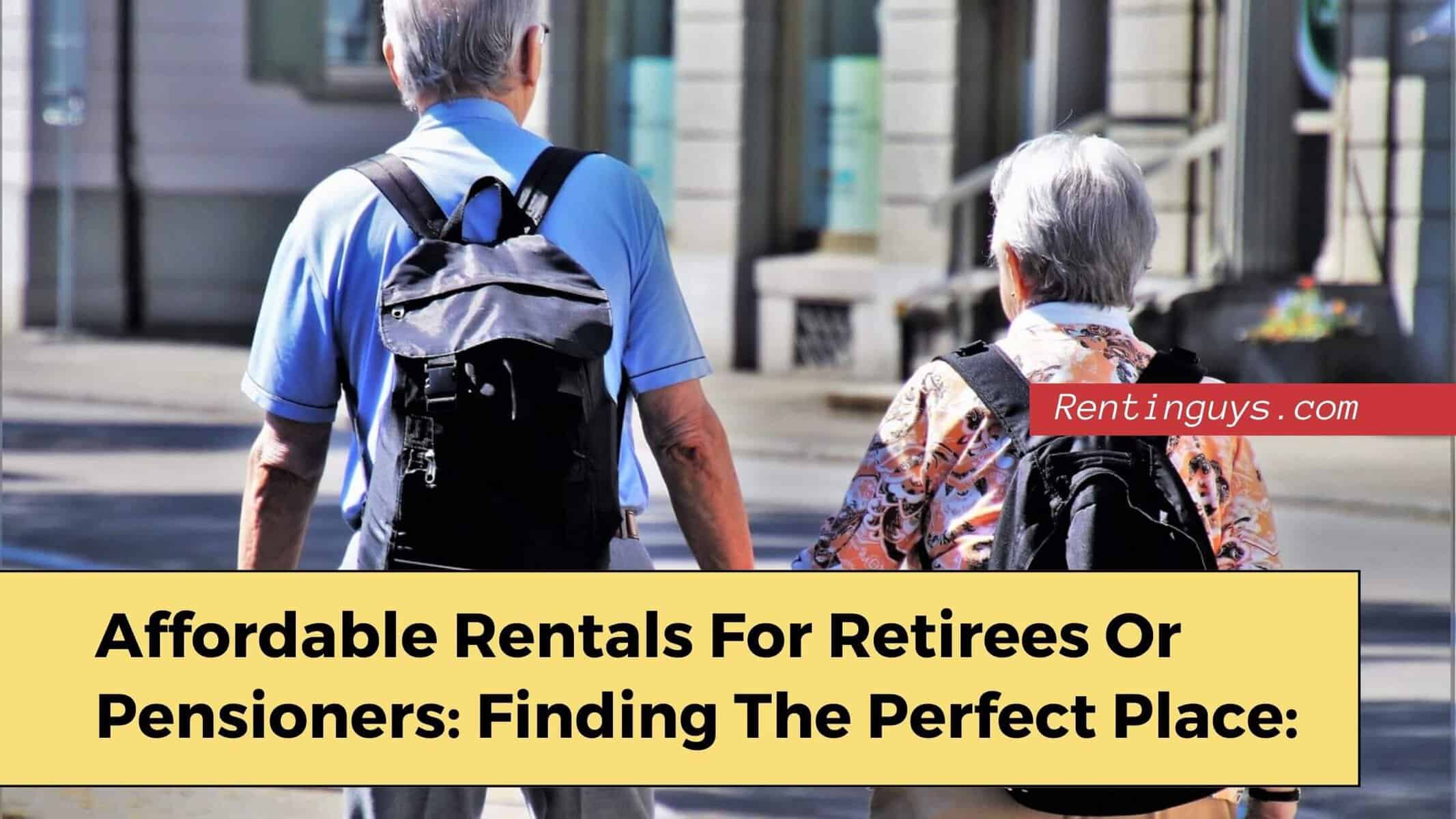Council tax is one of the expenses that need more clarity.
Most of the new landlords and tenants are clueless about many aspects of council tax such as what is council tax, How is it calculated, and who pays the council tax. the tenant pays it or the landlord pays it, etc.
If you too are struggling for information about council tax, here is a comprehensive guide.
What is council tax?
Council tax is an annual fee collected by your council. This taxation system is used in England, Scotland and Wales.
Council tax is collected on domestic property. The council uses the amount to pay for services. These services include
- Cleaning and maintaining roads
- Street lighting
- Waste collection and disposal
- Police
- Fire brigade
- Maintaining libraries
- Educational services
- Maintaining sports centers and parks
- Environmental projects
- Administration and record-keeping
- The tax amount is also used to fund schemes like “Meals on Wheels’.
How is council tax calculated? How much is my council tax?
The calculation of council tax depends on your location, the value of the property, and the number of people living in the property. The council tax calculation is based on the value of the property and not on the earnings of the household.
Houses are categorized into different bands to calculate council tax. The bands are different for England, Scotland and Wales.
The band calculations are based on the valuation of your house as of April 1, 1991, in England and Scotland, and April 1 2023 in Wales.
Council tax bands:
England and Scotland
There are 8 council tax bands in England and Scotland. The bands range from A to H. Houses with the cheapest valuation fall under Band A. The higher the valuation, the higher the band.
The council tax bands in England
| Band | Property value |
| Band A | Up to £40,000 |
| Band B | Over £40,000 and up to £52,000 |
| Band C | Over £52,000 and up to £68,000 |
| Band D | Over £68,000 and up to £88,000 |
| Band E | Over £88,000 and up to £120,000 |
| Band F | Over £120,000 and up to £160,000 |
| Band G | Over £160,000 and up to £320,000 |
| Band H | Over £320,000 |
Council tax bands in Scotland
| Band | Property Value |
| Band A | Up to £ 27000 |
| Band B | Over £ 27000 and up to £ 35000 |
| Band C | Over £ 35,000 and up to £ 45, 000 |
| Band D | Over £ 45,000 and up to £ 58,000 |
| Band E | Over £ 58,000 and up to £ 80,000 |
| Band F | Over £ 80,000 and up to £ 106,000 |
| Band G | Over £ 106,000 and up to £ 212,000 |
| Band H | Over £ 212,000 |
Council tax bands in Wales
There are 9 council tax bands in Wales. The bands range from A to I. The Band A consists of properties with the lowest valuation. The higher the valuation, the higher the band.
| Band | Property Value |
| Band A | Up to £ 44,000 |
| Band B | Over £ 44,000 and up to £ 65,000 |
| Band C | Over £ 65,000 and up to £ 91,000 |
| Band D | Over £ 91,000 and up to £ 123,000 |
| Band E | Over £ 123,000 and up to £ 162,000 |
| Band F | Over £ 62,000 and up to £ 223,000 |
| Band G | Over £ 223,000 and up to £ 324,000 |
| Band H | Over £ 324,000 and up to £ 424,000 |
| Band I | Over £ 424,000 |
The council tax rates vary depending on the city, in which you reside. You can know the council tax rate by visiting the website of your local council or the government website for England and Wales. For Scotland, visit saa.gov.uk to know your property band.
The council tax rates keep varying every year. The most expensive council tax rates are in Rutland, Mottingham, and the East Midlands.
Properties that are exempted from council tax
Some properties are exempt from the council tax. The council tax exemption can be for a short period or indefinite. The list of properties exempt from council tax includes
- Condemned properties
- Uninhabitable properties that require major structural alterations or undergoing repairs
- Unoccupied property that is owned by a charity
- Properties legally repossessed by the mortgage lender
- Unoccupied property because the person living at the property has gone to care for someone else
- Unoccupied property because the person living at the property has gone to a care home, or hospital or moved in with relatives because he needs care
- Property that is used as a residence for only students, foreign language assistants on the British Council, or diplomats
- A property where all the residents are under 18 years of age
- A property where all the residents are severely mentally impaired
- A self-contained annex occupied by a dependent relative of the property owner
- Properties owned by a dead taxpayer
- Properties where occupation is prohibited by law
- Properties held for minister of religion
- Properties used as armed forces accommodation
- The liable person is a trustee in bankruptcy
- Unoccupied caravan pitch or boat mooring
- Unoccupied annexe
Circumstances that can change your property council tax band
Certain changes to the property can alter your council tax band. You must be aware of these situations to ensure that you are not overpaying.
- A portion of the property is demolished and you do not rebuild it
- Alterations to the property to convert it into two or more self-contained units. In such a scenario, each unit will be considered different and put under different bands according to the valuation.
- A single property is split into self-contained flats
- Self-contained flats are converted into a single property
- Significant changes in your neighborhood that lead to appraisal in the property value
- Change in the tax band of similar properties in your locality
- You start working from home or stop working from home
- Changes to the property done by the previous owner
If you are doubtful about the changes in the tax band, you can contact the Valuation Office Agency for clarification.
The council tax is calculated based on at least 2 adults living on the property. Both adults are jointly responsible for paying the council tax bill. Married couples and those living together as civil partners are jointly liable irrespective of their interest in the property.
When calculating the council tax bill for a property, some people are disregarded and not counted. If there are people who fall in the category, you can apply for a discount on the council tax bill.
The people disregarded from council tax calculation are
- Occupants who are under 18 years old
- People under specific apprenticeship schemes
- A full-time student at a college university
- A person under 25 years of age who gets funding from an education and skills funding agency
- A student nurse
- A foreign language assistant registered with the British Council
- Persons who are severely mentally impaired
- A diplomat
- Live-in caregiver person for someone who is not your spouse, partner, or child under 18
Who pays the council tax?
A person identified as the ‘liable person’ is liable to pay the council tax. The liable person should be over 18 years old. The person living on the property will be the liable person to pay the council tax.
The council uses the ‘hierarchy of responsibility list’ to determine who is responsible for paying the council tax. The liable person is determined based on the resident’s position in the list.
The Hierarchy of responsibility list for council tax
- Resident freeholder
- Resident leaseholder
- Resident tenant
- Resident licensee
- Any other resident
- The owner, where there are no occupants
You have to pay the council tax only after receiving a council tax bill in your name or with a joint taxpayer’s notice if you are jointly liable.
The owner is the liable person to pay the council tax for some properties. The hierarchy of responsibility does not apply to these properties. Such properties include
- Properties with multiple occupations, where the tenants have separate tenancy agreements.
- Residential care facilities and nursing homes
- Properties occupied by religious communities
- Houses that are occasionally occupied by the owner with residential domestic staff
- Properties occupied by ministers of religion as a residence and office
- Properties occupied by asylum seekers
Discounts and exemptions
You are eligible for a 25% discount on your council tax bill if you live on your own or if everyone who lives with you is disregarded.
You can apply for a 50% discount if everyone in the household is in the disregarded category.
You can also get a reduction on your council tax bill if you are
- Low income
- Qualify for certain benefits from the government such as jobseekers allowance, income support, pension credit, universal credit, employment, and support allowance
- Living with a severely mentally impaired person
- A care leaver in Scotland between the ages of 18 to 26 years
- A care leaver in certain counties of England and Wales
- A member of the armed forces
- Living in a care home or a hospital
- In prison – unless you are jailed for evading council tax
How to pay council tax?
The council tax bill is issued in April, every year. You can opt to pay the bill in either 10 or 12 installments or pay the full amount in April.
The installments must reach the council by the first day of each month. If you do not pay the installment on the due date, the council will start recovery action through the magistrate’s court and demand you make the full tax payment.
If you shift houses and get the bill in the middle of the year, you have to pay the bill in fewer installments, depending on the month you receive the tax notice.
You can pay the council tax through different modes such as
- Automated telephone service using credit/debit card
- Internet banking /telephone banking/ BACS
- Post Office – you can pay using cash, cheque, or debit card
- Paypoint shops if you want to pay by cash
Council tax is an annual bill raised by the local council. The council uses the money to provide civic services.
The council tax bill can be paid in equal monthly installments or one go. There are several options to pay the tax bill through debit card, credit card, cash, cheque, etc.
The council provides several exemptions and discounts for people who fall under certain categories.
You can contact the local valuation officer to know more about whether you can avail of any of these benefits and exemptions.
Related Questions:
Do tenants pay council tax on rental property?
The council tax bill is generally raised in the name of the tenants. You have to inform the local council when you shift houses to ensure that you do not end up paying the tax bill for the property you vacated.
Who is responsible for council tax if the tenant leaves?
The landlord is responsible for paying the council tax on an empty property. The council may charge an extra tax amount if your property is empty for 2 or more years.
How to avoid paying Council Tax on an empty property?
You can avoid paying tax on an empty property when the property is undergoing major structural alterations or is under repair.
Is council tax included in rent in the UK?
The council tax bill is generally raised in the name of the tenant. However, in certain circumstances, the landlord is liable to pay the council tax.
For example, if the property is multi-unit with separate tenancy agreements for each tenant. If you live in such properties, the landlord may include council tax in the rent.
Do students pay council tax?
Students are disregarded when calculating council tax. Moreover, properties used as residences for students are exempted from council tax. So students do not pay council tax in the UK.



